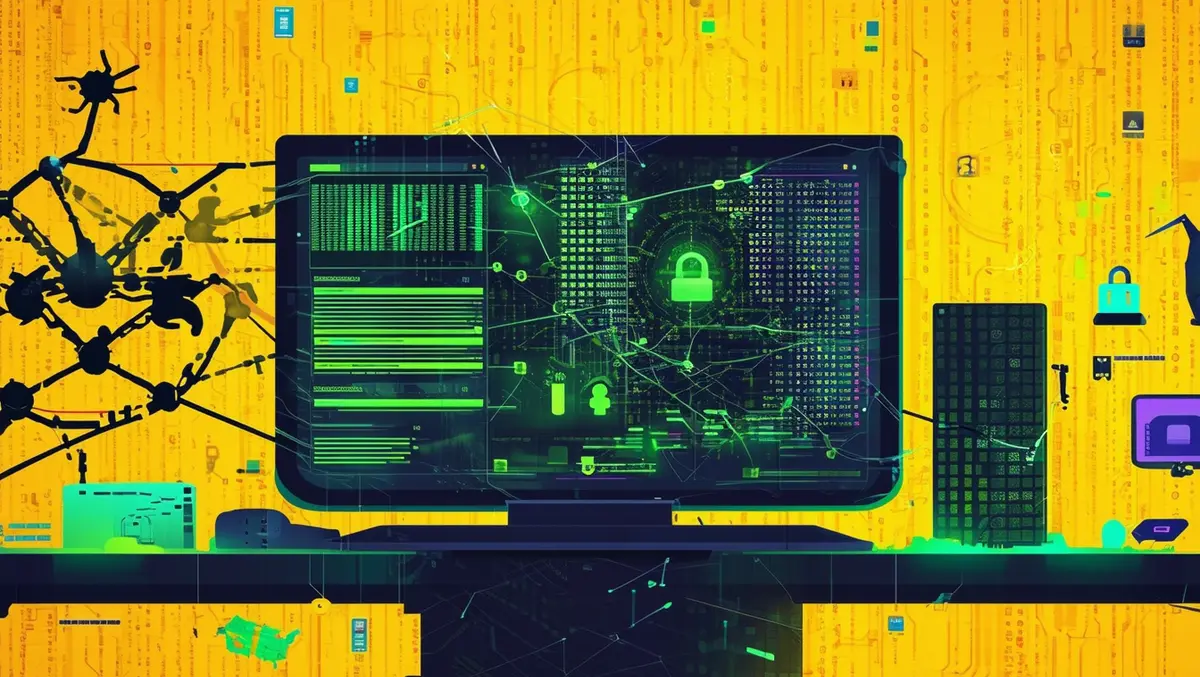
Gen reveals 46% surge in cyberattacks; AI scams grow rapidly
Gen has released its first combined quarterly threat report covering April to June 2024.
The report highlights a significant rise in cyberattacks, with a 46 percent increase compared to the same period last year. According to the data drawn from 500 million users globally, Gen blocks more than one billion unique attacks every month.
Notably, New Zealand was identified as one of the most affected countries for financial scams alongside the Czech Republic, the Nordic countries, Canada, Australia, and the United Kingdom.
Siggi Stefnisson, Chief Technology Officer at Gen, said, "We continue to see cybercriminals expand their toolkits with even more uses of AI to strengthen their attacks. Scammers are cunning and adept at exploiting what is most likely to be on people's minds – whether it has to do with elections, love, or financial security. Now with AI and other new tech, their schemes are more sophisticated and convincing than ever before.
We urge everyone to stay informed and alert. We will continue to keep a watchful eye on the latest threats and provide the latest knowledge and tools needed to be safer despite the evolving threat landscape."
The report points out that a staggering 95 percent of attacks occur while users are browsing the web. Cybercriminals have been enhancing their old tricks with modern technology, particularly AI, for more sophisticated scams. In one instance, the report describes how the scam group CryptoCore used AI-generated deepfake videos during the SpaceX Starship integrated flight test (IFT-4) in June.
The scam involved hijacked YouTube accounts and QR codes leading to fake cryptocurrency giveaway campaigns - resulting in 500 transactions totalling USD $1.4 million.
The largest numbers of these attacks were recorded in the US, UK, Brazil, and Germany.
Kiwis have continued to fall for tech support and invoice scams. The tech support scams often involve scammers posing as legitimate technical support specialists to gain access to personal and financial information. Despite awareness campaigns, these scams remain effective, demonstrating the need for ongoing vigilance and education.
Data from the report shows that financial scams are burgeoning amidst economic hardships, as scammers exploit people's desire for financial security. This has involved part-time job scams, where victims are lured with promises of quick money for simple online tasks.
Scammers often use AI-generated voice communications to add realism, increasing the success rate of their deceptions.
Another uprise noted in the report is the revival of the old antivirus scam. This sees cybercriminals deploying aggressive pop-up alerts mimicking legitimate antivirus programs, urging users to act quickly to 'protect' their computers. These fake alerts abuse the Windows notification system, thereby enhancing their credibility and increasing the likelihood of users falling victim to the scam.
Large-scale company breaches have also become prevalent, pushing cybercriminals towards digital identity theft through methods like Information Stealers (InfoStealers) and Mobile Bankers. InfoStealers breach devices to collect login details, session cookies, passwords, and financial information. While their presence saw a decline in Q2/2024, particular malware families such as AgentTesla have shown significant growth.
Mobile Bankers, targeting mobile devices, have become a newer avenue for attackers wishing to steal banking details, cryptocurrency wallets, and instant payment credentials.
The report also indicates a significant rise in consumer ransomware attacks, with a 24 percent increase from the previous quarter. India experienced the highest surge, with a 379 percent rise in attacks, followed by spikes in the United States, Canada, and the United Kingdom.
Many ransomware attacks are delivered through pirated content, making it crucial for individuals to take measures such as frequent data backups to protect their information.
To combat ransomware, Gen collaborates with governments worldwide, providing free decryption tools for victims. Recently, the company released the Avast DoNex Ransomware Decryptor, aiding thousands in recovering their encrypted data.
The Q2/2024 Gen Threat Report marks the consolidation of previous individual brand reports, providing a comprehensive overview of the cybersecurity threats that the company monitors and protects its customers from on a daily basis.


